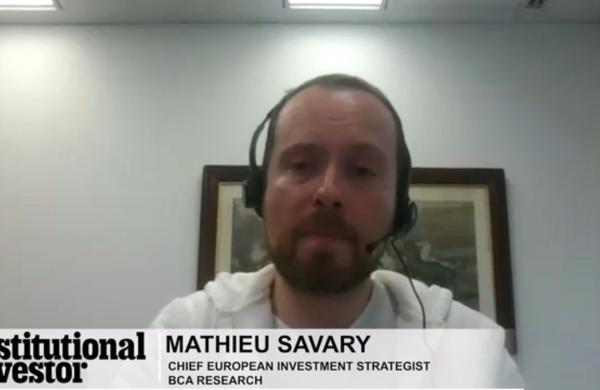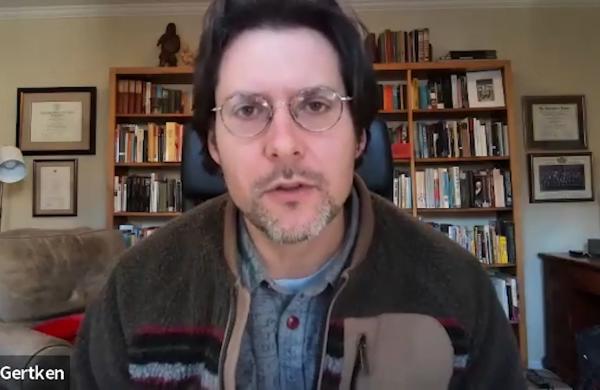Raymond Baer, chairman of Julius Baer Group, is looking forward to April 12 as "one of those days every 30 years or so when really fundamental issues get addressed." That's when Julius Baer's shareholders will gather at Zurich's Kongresszentrum and are expected to approve the creation of a unitary share structure that will reduce the Baer family's 54 percent voting power to match its economic value of 18 percent.
The change could make Julius Baer prey to a big international player eager to get its hands on the firm's elite client list, which includes some of the world's richest families. But Baer, 45, the fourth generation of his family to lead Switzerland's largest independent private bank, intends to be the hunter, not the hunted. "We think there will be consolidation in the market for private banking services in Switzerland, and when we have our modern governance structure in place, we will be ready to play a role," he says.
The new strategy was not universally welcomed. Michael Baer, the head of private banking -- and Raymond's cousin -- resigned in January after 12 years with the family firm.
Until then, at least, Julius Baer had been doing something right. The bank emerged on solid ground from the two-year market downturn that ended in 2003. Last year its fund management business, with outposts in London and New York, grew assets by 16 percent, to Sf135 billion ($116 billion). Baer argues that its diversified and international business mix gives the firm more firepower than the monoline Swiss private banks. Group profits hit Sf211 million in 2004.
"Julius Baer has a prominent role to play in Swiss financial markets, and there is lots of room to compete next to the two big banks," insists Raymond Baer, referring to local giants UBS and Credit Suisse.
For investors delving into emerging markets, researching companies in India's booming economy is about to get easier. Last month the Indian government announced that it would outsource the development of a new, digitized corporate-filing database -- think of the SEC's Edgar-- to Tata Consultancy Services, a leading software company and part of the Tata Group, India's largest industrial conglomerate. Tanmoy Chakrabarty, head of TCS's global government industry group, will oversee the database's creation for the Ministry of Company Affairs.
"This is a pioneering effort on the part of the government to fund a complete, end-to-end, enterprisewide solution," says Chakrabarty, 43. "Before in India there have always been piecemeal e-governance pilots, which have only brought piecemeal results."
TCS's contract, worth $78.6 million, will transform the way corporate information is stored -- and how readily it can be retrieved. Currently, many of India's 22 registrar centers keep hard copies of company filings in vast warehouses, making it extremely difficult for anyone to track down information. "There are very elaborate and laborious processes in place, which are almost fully paper-oriented," says Chakrabarty. A single record search can take as long as four weeks.
Those paper mountains will gradually disappear. Over the next few months, TCS's project team will build a software system that will allow companies to register and file earnings statements and shareholder information electronically, and will provide investors and shareholders with a database for public information.
The program is expected to launch in about one year; implementation at all of India's field offices will take about six years. The new system won't arrive a moment too soon: Since 1990 the number of companies in India has more than tripled, from 202,000 to 650,000.





